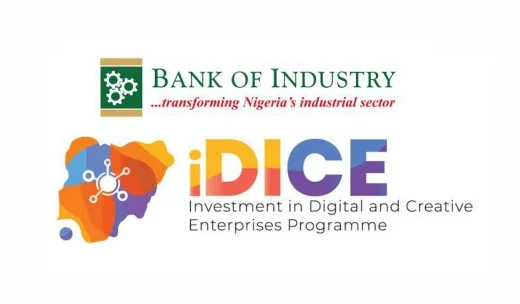Apple iPhone 16 Pro Max Price: Will It Really Cost Over $2,000 From Memorial Day?
Updated April 5 with new analysis and Apple’s room for maneuver.
You can snap up an iPhone for $599 at the moment: the newly released iPhone 16e. But the tariffs newly announced by President Trump have suggested that the price could go up by 43%, which could take the iPhone 16e to $856. And now, a respected analyst suggests that other models could be much pricier. Take heart, other commenters believe that things may not be as bad as all that, or that Apple could take actions to mitigate these issues.
How much will an iPhone 16 Pro Max cost after tariffs come into play?
AFP via Getty ImagesThe tariffs, which would apply to the iPhone because most are made in China, have already produced reports from analysts which suggest the 43% price increase, which would also mean that a top-flight iPhone 16 Pro Max with the biggest 1TB storage would go up from its current $1,599 sticker to $2,300 — assuming Apple passes on the full cost of the change to consumers.
ForbesTikTok Ban Deadline Looms Again In Hours: What It Means For Your Phone
Now, Dan Ives from Wedbush, a respected technology analyst, has said that prices could increase dramatically above that.
Speaking on Yahoo Finance’s Morning Brief, Ives talked through his thoughts. First he said that if the iPhones “were built in the U.S., right off the bat, just under tariffs it’s over $2,000,” he said. “I believe after Memorial Day, it’s over $2,000. Because they … can’t absorb. We’re not talking like 3 to 5% through the supply chain. They can’t absorb a 50% hit. And then it depends on whatever we got to see what exemptions they get or whatever. That’s why this is, look, it’s a black swan event going back to $3,500,” he went on.
That last comment was amplified in a note to investors in which Ives said, “50% China tariffs, 32% Taiwan tariffs would essentially cause a shut-off valve from the US tech landscape and in the process cause every electronic to go up 40%-50% for consumers, iPhones made in the US would cost $3,500 (vs. $1,000), and the AI Revolution trade would be significantly slowed down by these head scratching tariffs that NEED to be negotiated to realistic levels."
Well, that sounds scary. But take note of one thing he said, that it depends on “exemptions.” You can bet that such exemptions are the center of any talks between Apple and the government right now.
Ives doesn’t spell out why he has fastened on Memorial Day (May 26), though it may be he thinks Apple has inventory to last until then before the tariffs begin to bite — assuming there are no exemptions.
MacRumors reports on the inventory issue. “Trump said that he would implement tariffs, and tech companies like Apple knew that this was coming. It's likely that Apple has been ramping up U.S. supply of current devices so that it can temporarily avoid raising prices. Under the terms of the tariff executive order, Apple won't have to pay tariffs for goods that are on a vessel and in transit to their destination before 12:01 a.m. Eastern Time on April 9, so the company has a few more days to stock up as much as possible,” it says.
It’s worth noting that other analysts disagree. Reuters reports that Angelo Zino at CFRA Research believes the company will not pass on more than 5% to 10% of the cost.
“We expect Apple to hold off on any major increases on phones until this fall when its iPhone 17 is set to launch, as it is typically how it handles planned price hikes,” he said.
Additionally, there are suggestions that Apple could take actions to alleviate the stresses of the tariffs. It could seek those exemptions, for instance on components, which would likely need to come from the President directly. And it could move production to other countries where the new tariffs are lower than in China. Apple already makes some iPhones in India, but moving large amounts of the priciest phones there could take time. 9to5Mac reports Apple may expand its facilities in Brazil, it’s claimed. The new tariffs for Brazil are 10%, way lower than for products coming from China.
ForbesApple iOS 18.4 Major New iPhone Software: Should You Upgrade?By David Phelan










